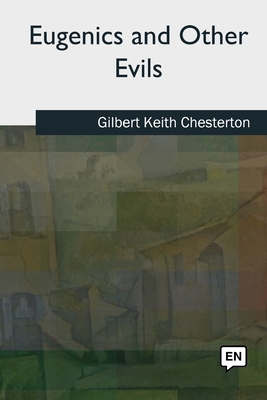All Formats & Editions
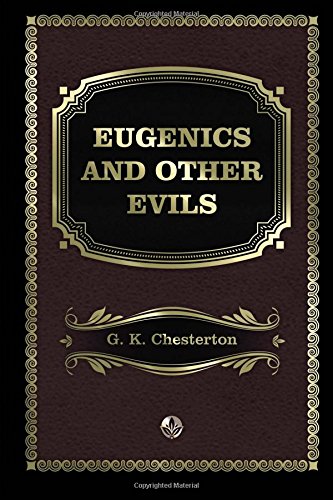
Eugenics and Other Evils

Eugenics and Other Evils
For the most part, eugenics has receded as a respectable academic discipline. But while one would have a hard time finding blatant exponents of the idea of eugenics, the principles of eugenics are very much alive today. The common misconception is that they died with Nazism,...
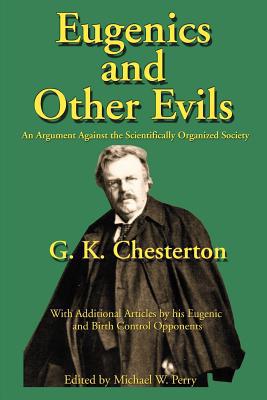
Eugenics and Other Evils: An Argument Against t...
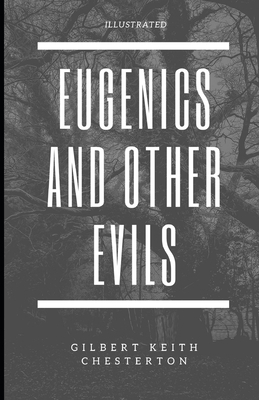
Eugenics and Other Evils (Illustrated)
When the concept of eugenics -- the practice of selecting for desirable traits in the larger population by encouraging gifted and/or attractive people to breed -- began to take hold in the early twentieth century, British thinker and writer G.K. Chesterton took a stance contrary...

Eugenics and Other Evils
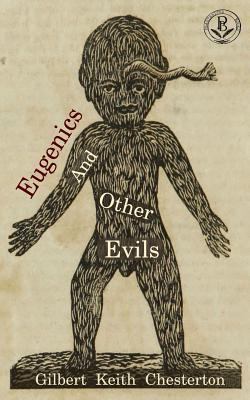
Eugenics and Other Evils
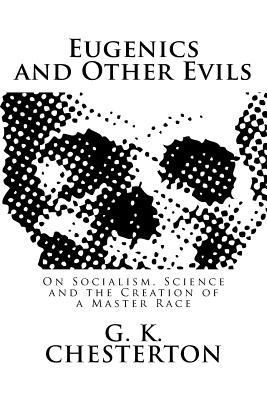
Eugenics and Other Evils: On Socialism, Science...

Eugenics and Other Evils
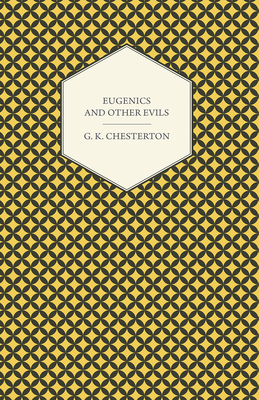
Eugenics and Other Evils

Eugenics and Other Evils
G.K. Chesterton was an English writer often referred to as "the prince of paradox." Chesterton wrote on a variety of different subjects including mystery fiction, religion, and literary critiques. Chesterton is best known for creating the priest-detective Father Brown and the...

Eugenics and other Evils (1922). By: Gilbert Ke...
Gilbert Keith Chesterton, KC*SG (29 May 1874 - 14 June 1936), better known as G. K. Chesterton, was an English writer, poet, philosopher, dramatist, journalist, orator, lay theologian, biographer, and literary and art critic. Chesterton is often referred to as the "prince of...
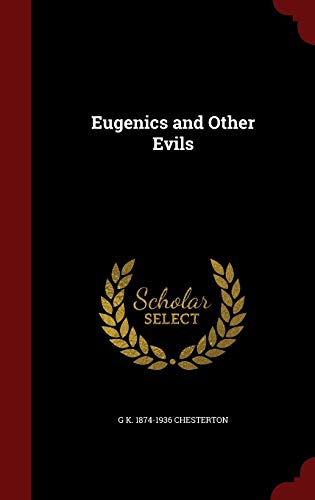
Eugenics and Other Evils
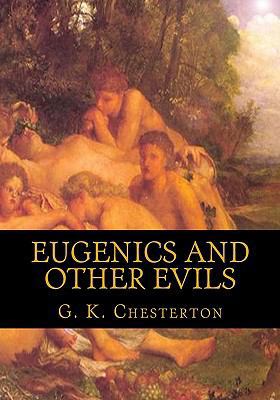
Eugenics and Other Evils
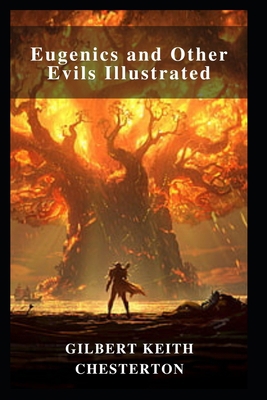
Eugenics and Other Evils Illustrated

Eugenics And Other Evils Unabridged And Uncenso...
G. K. Chesterton was an early critic of the philosophy of eugenics, expressing this opinion in his book, Eugenics and Other Evils . Its advocates regarded eugenics as a social philosophy for the improvement of human hereditary traits through various forms of intervention.Today...
![Eugenics and Other Evils [Large Print] 1936830302 Book Cover](https://i.thriftbooks.com/api/imagehandler/l/CD421D82CF97424F239B008A99BE28AE63085002.jpeg)
Eugenics and Other Evils [Large Print]
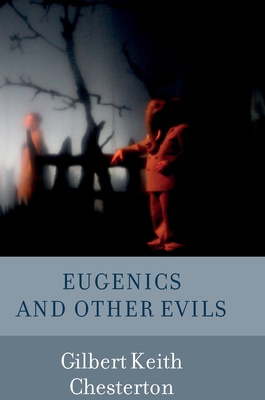
Eugenics and Other Evils
The English author Gilbert Keith Chesterton (1874-1936) was a very prominent cultural figure at the beginning of the last century. A true intellectual freethinker who never submitted himself to conventional ideas only because they were in vogue, he was one...
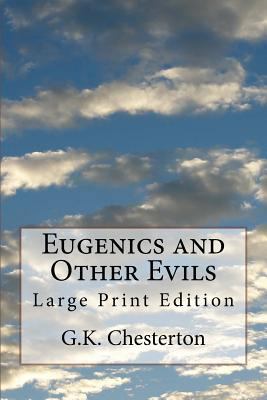
Eugenics and Other Evils: Large Print Edition
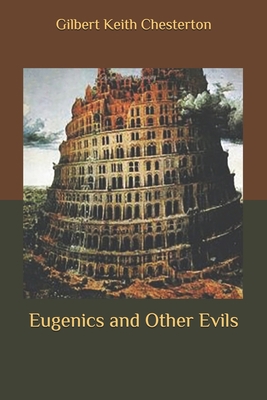
Eugenics and Other Evils
The wisest thing in the world is to cry out before you are hurt. It is no good to cry out after you are hurt; especially after you are mortally hurt. People talk about the impatience of the populace; but sound historians know that most tyrannies have been possible because men...

Eugenics and other Evils

Eugenics and Other Evils
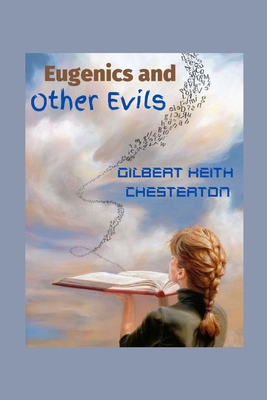
Eugenics and Other Evils: Illustrated
When the concept of eugenics -- the practice of selecting for desirable traits in the larger population by encouraging gifted and/or attractive people to breed -- began to take hold in the early twentieth century, British thinker and writer G.K. Chesterton took a stance contrary...
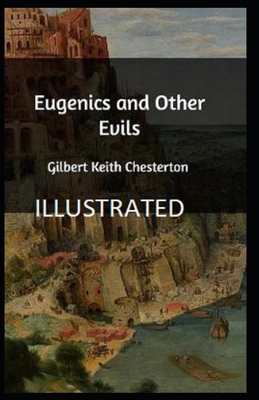
Eugenics and Other Evils Illustrated
When the concept of eugenics -- the practice of selecting for desirable traits in the larger population by encouraging gifted and/or attractive people to breed -- began to take hold in the early twentieth century, British thinker and writer G.K. Chesterton took a stance contrary...
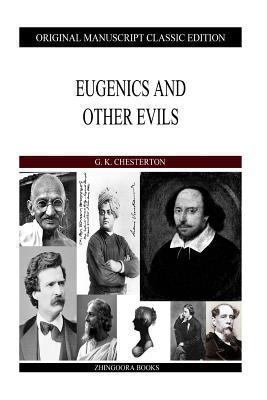
Eugenics And Other Evils
